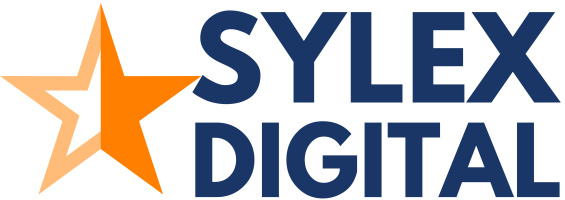1.The night before your interview, plan your outfit: If you meet with a recruiter prior to the interview, you can inquire about the dress code at the company and dress appropriately. If you don’t know somebody who can inquire, conduct some research on the company to find out what is proper.
- Bring a notebook and a pen, as well as copies of your resume: If you have numerous interviewees, bring three to five copies of your resume printed on clean paper. On your copy, highlight specific successes that you can refer to and describe simply. A pen and a small notebook should be brought with you. Take notes, but not on your phone or any other technological device. Make a list of the specifics so you may refer to them later in your thank-you cards. As much as possible, keep your gaze proper and make proper eye contact with the recruiters.
- Make sure you arrive 10–15 minutes early in your schedule. Make a map of your journey to the interview site to ensure that you arrive on time. Make a practice run. If you’re using public transit, make a contingency plan in case of delays or closures.
Tip: If you arrive early, take use of the extra time to watch the dynamics of the workplace.
- Make an excellent first impression: Just like some of the motivational quotes for students strikes in your head after the first instance only similarly make sure to excel your first look ….Check your clothes for holes, stains, pet hair, and loose threads, and shine your shoes. Throughout, maintain a confident demeanour and a warm smile.
- Respect each and every person you come across. This comprises motorists and parking lot attendants, as well as security and front-desk personnel. Everyone you don’t know should be treated as if they were the recruiting manager. Even if they aren’t, your prospective employer may inquire about their opinion.
- Work on your body language and manners. Beginning the minute you enter the building, use confident, approachable body language. Keep your shoulders back and sit or stand tall. To control anxiety and boost self-confidence before the interview, take a long deep breath and slowly exhale. To begin a handshake, the interviewer should offer their hand. Stand up straight and smile at the individual. A solid handshake should not crush the fingers of the other person. Your sincerity and optimism will win them over. Being real during interviews might help employers relate to you more easily. Keeping the interview light and helpful can be as simple as smiling and using optimistic body language. Still if you feel you are not able to understand the right body language consider using online classes app or taking coaching for the same.
- Answer all of the questions honestly. While it may be tempting to exaggerate your qualifications and achievements, recruiters find honesty refreshing and admirable. Concentrate on your major assets and how your past qualifies you for the role.
- Relate your responses to your abilities and accomplishments. It’s critical to tie your past to the position with instances of ideas and results you’ve produced when responding to any query. Take advantage of every opportunity to satisfy the job description’s needs.
- Be succinct and direct in your responses. Because you only have a few minutes with each interviewer, don’t ramble. Preparing your replies ahead of time can assist you in remaining focused.
10.Don’t criticise your previous employers in any way. Companies are looking for problem solvers that can deal with a variety of challenges. If your current job is discouraging you, focus on what you’ve learned from it and what you wish to do next. After-interview recommendations
When the interview is finished, do the following to improve your chances of getting a job:
- Inquire about your options for the next steps. Following your interview, you should inquire about your next steps with your interviewer, hiring manager, or recruiter.
This will most likely be a follow-up email with your interview results, extra requirements such as an assignment or reference list, or a request for another interview.
- After the interview, send a personalised thank you letter. Request the business card or email id of each person you speak with during the interview process so you may send a different thank you email to each of them. Send your follow-up emails on exactly the same day if you interviewed in the morning. If you have an afternoon interview, the next morning is OK. Use the notes you took during the conversations, make sure each email is distinct from the others.

